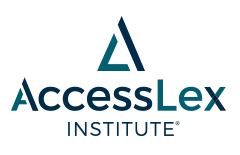
Grantee Research
Immigrant and International College Students' Learning Gaps: Academic and Sociocultural Readiness for Career and Graduate/Professional Education
Document Type
Issue/Research Brief/Blog
Publication Date
1-2020
Keywords
international students, first-generation immigrants, higher education, learning gaps
Abstract
This mixed-methods study is based on transformative education and asset model, thus challenging conventional deficit view about immigrant and international student groups in American colleges and universities facing the challenges of improving equity and inclusion. Using bachelor’s degree completion with full-time job employment or graduate/professional school enrollment as barometers of college success, this study explores undergraduate students' learning gaps in terms of academic and sociocultural readiness. Quantitative analysis of the Beginning Postsecondary Students (BPS) data reveals mixed patterns of college learning gaps: the first-generation immigrant students lagged behind the U.S.-born natives, whereas international students fared relatively well except for full-time job employment. In terms of college major, both immigrant and international groups were overrepresented in STEM fields but underrepresented in humanities and human service fields including education and law. Qualitative analysis of interview cases offers further insights into the immigrant and international students’ challenges and strategies for improving inclusive equity.




